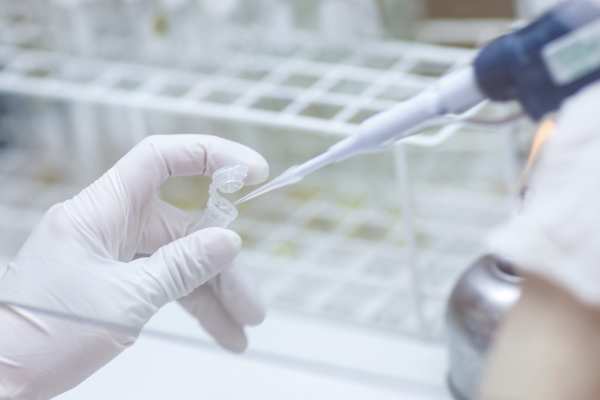Management Team
Polaris Group
Polaris Pharmaceuticals US Sites (Vacaville & San Diego)
Our Science
Pegargiminase is a novel therapeutic protein being developed for cancers with a unique metabolic trait: their cells are unable to create arginine, an amino acid that is essential for cancer cell proliferation and survival. Because the cells can’t create arginine on their own, they must rely on arginine in the patient’s plasma. But Pegargiminase deprives the cancer cells of this amino acid by converting plasma-borne arginine into citrulline. While healthy cells are able to easily convert citrulline back into arginine through a process known as the urea cycle, cancer cells are not. At the core of their deficiency is a down-regulation of argininosuccinate synthase (ASS1), an enzyme needed to synthesize arginine. To survive, the cancer cells must “rewire” their metabolism. This exerts a stress on the cells that renders them more susceptible to conventional chemotherapies. Polaris is evaluating Pegargiminase in combination with standard chemotherapies and immuno-oncology drugs. The candidate has gained orphan drug status for hepatocellular carcinoma, melanoma and mesothelioma in the U.S., also for mesothelioma and hepatocellular carcinoma in Europe.
